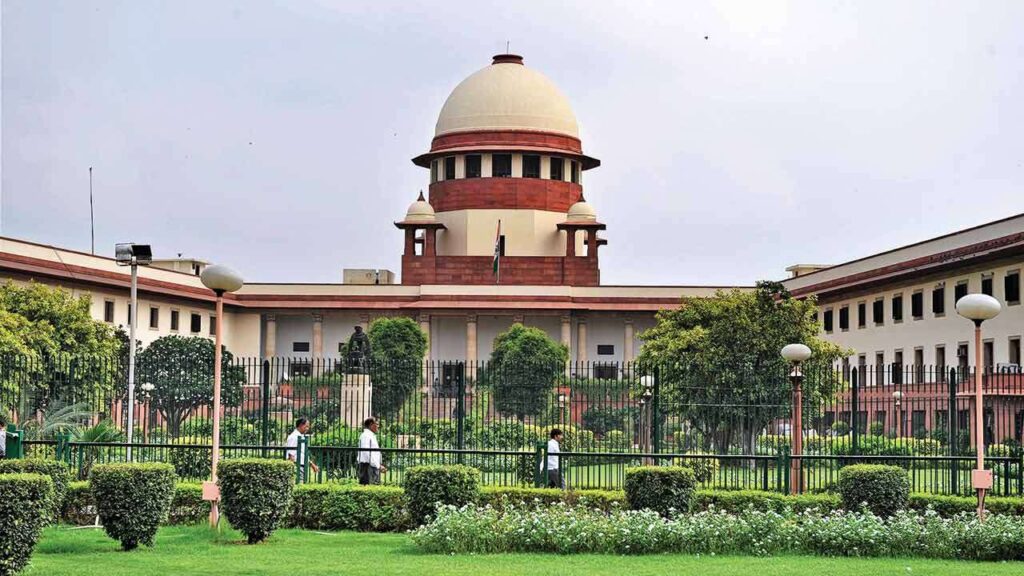
Last week, The Supreme Court sternly cautioned businesses this week not to mislead consumers through deceptive advertising. They chastised the founders of Patanjali Ayurved, a consumer goods company, Baba Ramdev and Acharya Balkrishna. They apologized twice, but the court rejected them both times. They also attacked an Uttarakhand-based government agency for failing to take action against Patanjali. The court was concerned about individuals who might have used items made by Patanjali that make unfounded claims about curing illnesses. They questioned the government’s efforts to support alternative therapies such as Ayurveda. This was a serious warning because businesses frequently violate advertising regulations, particularly in the healthcare and education sectors.
“Supreme Court Crackdown: Patanjali’s Misleading Ads and Covid-19 Claims”
Patanjali Ayurved got in trouble because they made false advertisements. They claimed their products could cure all sorts of illnesses, even Covid-19. This goes against a law from 1954 that prohibits misleading ads about drugs and magic remedies. The Supreme Court warned them before, in November 2023, and even threatened to fine them Rs 1 crore if they kept making these claims. They also received a letter in January complaining about their misleading ads. Back in 2021, during the worst part of the Covid-19 pandemic, they launched a product called Coronil, saying it was the first medicine proven to treat Covid-19.
“Controversy Erupts Over Government Support for Traditional Medicine”
In August 2022, Patanjali sparked a heated debate by criticizing allopathic medicine. The Indian Medical Association filed a complaint against the corporation as a result of the outrage this caused among many doctors. This incident raises concerns about the government’s preference for promoting traditional medicine over Western medicine.
Despite laws against false advertising, companies often get away with misleading claims. This lack of strict punishment is a big problem. Under the Consumer Protection Act of 2019, the Central Consumer Protection Authority can fine companies up to ₹10 lakh for misleading ads. For repeat offenses, the fine can go up to ₹50 lakh. However, these penalties may not be enough to stop companies from making false claims. This situation calls for stronger measures to protect consumers and ensure truthful advertising.
ALSO READ- PM Modi Hopes India and China Can Make Peace at Borders by Talking to Each Other
“Call for Stronger Penalties to Curb Misleading Ads”
Many large corporations, notably those in the education and pharmaceutical industries, have been penalized by the Central Consumer Protection Authority (CCPA) for running deceptive ads. These fines, though, are frequently too little or applied too late.
The Federal Trade Commission of the United States has issued a warning to 670 health product advertising, stating that they may be fined up to $50,120 for each infraction. This demonstrates how much people value truthful advertising.
A committee recommended to Parliament two years ago that the government set up a mechanism to halt deceptive advertisements. They suggested levying hefty fines and prohibiting businesses from operating.
It’s time for the government to take these recommendations into account and revise the legislation to better prevent businesses from deceiving customers with deceptive advertisements.

